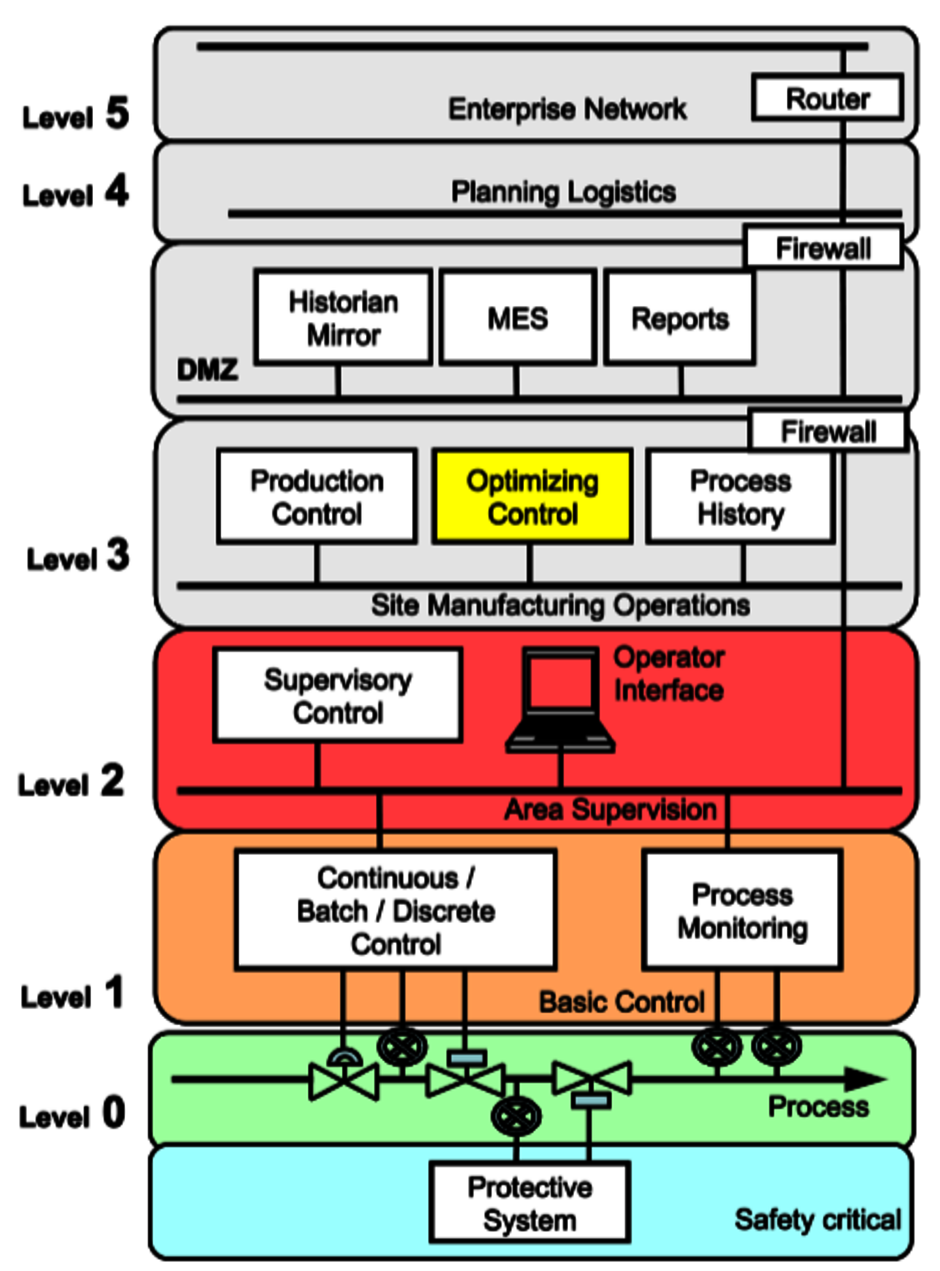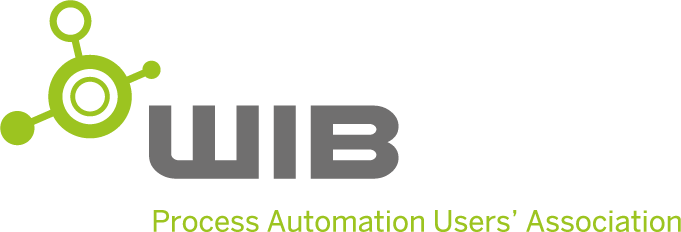History WIB
How it Started
In 1963, five leading Dutch process industries (BPM now Shell, Algemene Kunstzijde Unie now AKZO, DSM, Hoogovens now TATA Steel and Unilever) got together to explore combining tests and sharing the report results on process instrumentation. Companies were at the time carrying out these activities individually at very high costs.
The five concluded that sharing instrument evaluation reports, even with direct competitors, would be to the benefit of all. Following a meeting held on the in November 1963 resulted in the formation of a cooperation panel under the name "Werkgroup voor Instrument Beoordeling", shortened to WIB. An independent laboratory, the Institute for Applied Physical Research-TNO, was approached and asked to carry out testing on behalf of WIB. TNO was also made responsible for the administration of the association, supervised by a Board of WIB members.
WIB activities attracted high interest from user companies in the Netherlands and abroad wanting to join and a few years later the official language became English. WIB was translated into "Working-party on Instrument Behaviour". It was officially registered as a non-profit association in 1968.
The Early Years
WIB membership kept growing and by the end of sixties, the opportunity arose to separate the daily management of WIB from TNO and employ a professional instrument engineer as manager. The WIB Office was now formed.
Workgroups
In the early eighties WIB formed groups called Working Groups. Experts from member companies were asked to address the development of specific projects, formulate test programs and give their opinion on results. These groups were to become the backbone of WIB. Experienced process control specialists and instrument engineers participated in three separate groups dealing with field instruments, process analysers and process control systems according to their area of expertise. The Working Groups would increase and change over time with many new fields added. Today under the umbrella of Working Groups there are numerous expert groups and task forces that deal with specific areas: from diagnostics, level measurements, functional safety and so on. The benefits for members from the input of these experts are obvious. Moreover another kind of benefit emerged, difficult to quantify but of tremendous value: The exchange of information among members. In the working groups sensitive information on direct application experience, problems and solutions is freely discussed in an informal setting.

Working Development and Changes in the Process Industry
Since the fifties the process industry had grown rapidly in size and complexity and with it the demand for better and more reliable instrumentation. Instrument manufacturers were under pressure to improve and develop new instruments. Many instruments were released too early on the market with disappointing results. Many did not meet their specifications, were unreliable, required high maintenance and often affected the integrity of a plant since they could form part of safeguarding systems. It was out of this situation that WIB was created. The production of new instruments continued to increase during the seventies and, especially during the eighties the emergence of new technologies saw the production of ever more sophisticated instrumentation, This continued during the nineties to today with the appearance of "The Smart Instruments". In the early nineties the economic recession had an impact on process industries that would change the way companies would deal with instrumentation. Economic recession directed attention of management towards the cost of maintaining production facilities and process automation. The cost for instrumentation in relation to the total plant costs had risen considerably over the years. A turn was made towards the purchase of equipment based on the total cost of ownership, taking into consideration all costs from acquisition to installation, operation and maintenance. Also the "back to core business" trend led to cutting down the engineering departments and tasks. The instrument expertise decreased within companies accordingly, yet the complexity of instruments continued to increase. The nineties saw the increase of out-sourced engineering projects to Engineering Contractors who also became more and more responsible for the selection and maintenance of instrumentation or the total cost of ownership. WIB opened its membership to include Engineering Contractors, so that through WIB they are aided in building cost-effective plants with reliable and safe process control instruments. This benefits our members and the process industry at large.
Importance of WIB as body of knowledge
Given the decrease in manpower leading to loss of knowledge/experience at end users, we see an increased importance to:
- Regain End user power, through consolidation within WIB and retention of knowledge/experience.
- Share knowledge in a Multi end user knowledge base
- Have Experts as specialist authority.
For further details, contact: chairman@wib.nl (Jan Peter Sanderse) or Johan.Ike@WIB.nl (consultant)
